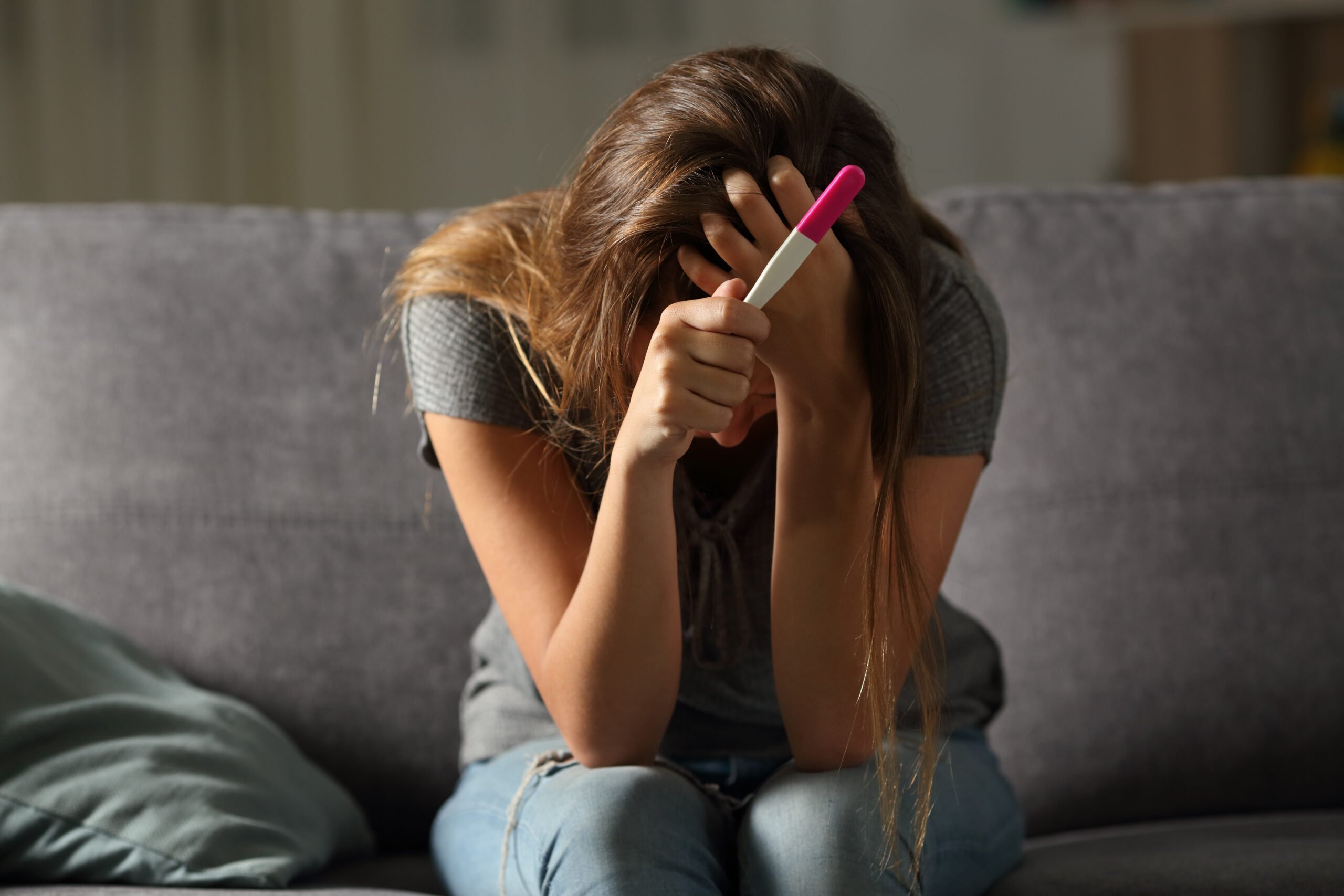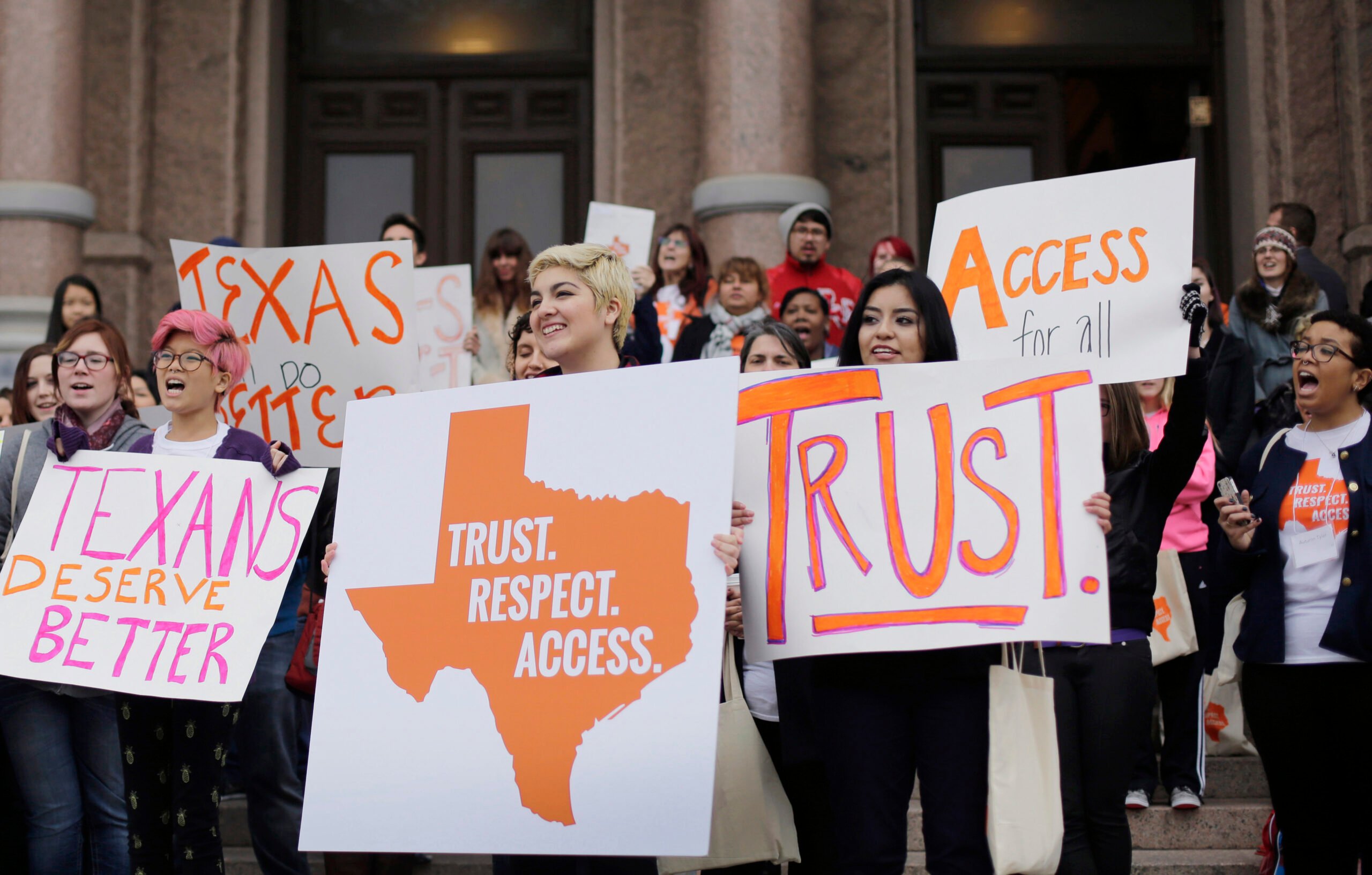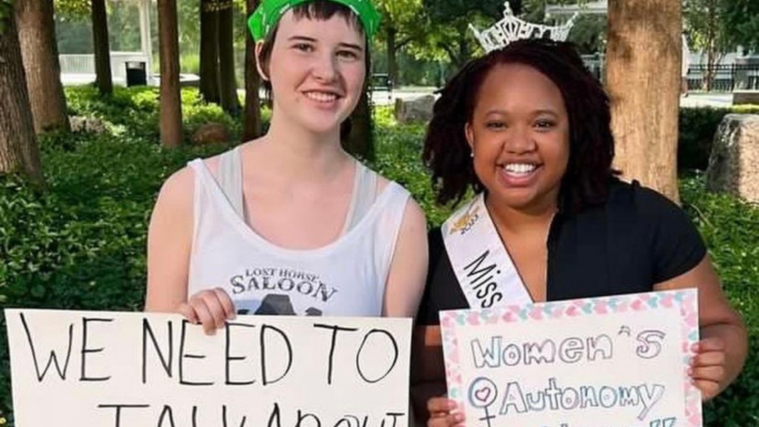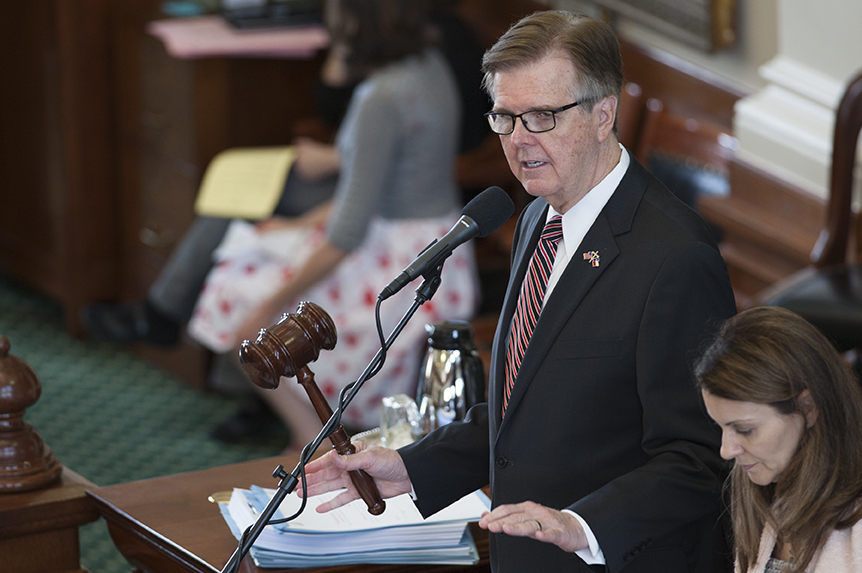
Five New Laws that Will Likely Get Texas Sued (Or Already Have)
The Texas Legislature passed at least 5 arguably unconstitutional bills this year, and the special session hasn’t even started.
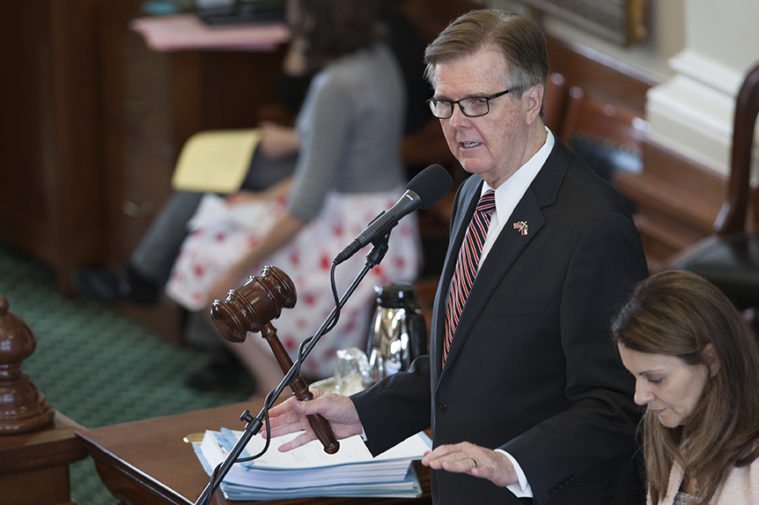
Infighting, red-meat politics and parliamentary revenge characterized this year’s Texas Legislature. Amid the fray, legislators failed to reauthorize basic state agencies such as the Texas Medical Board, which is why Texans now face the gloomy fate of another 30-day session beginning next week.
With all the dysfunction, you might conclude the Lege is simply incompetent, but it turns out they’re still aces at one thing: provoking lawsuits.
In 140 days, the Lege passed at least five bills that the state will likely be (or already is) defending in court at the taxpayers’ expense. Courts have already ruled repeatedly against Texas in recent years over voter ID, redistricting and abortion access.
“Why don’t we just stop passing unconstitutional bills?,” asked an exasperated Representative Chris Turner, D-Grand Prairie, on the House floor in May. Texans should be asking their lawmakers the same question, and wondering how much this list might grow during the upcoming special session.
‘Sanctuary Cities’ Ban
One of the session’s most controversial bills, the “sanctuary cities” ban, has already gone to court. The law, set to go into effect September 1, will allow police to question the immigration status of anyone being detained — not just arrested — and threatens to jail elected officials who limit cooperation with federal immigration agents.
A growing list of cities and counties are suing the state over the law, which had its first day in court on June 26 in San Antonio. U.S. District Judge Orlando Garcia has yet to issue a ruling, but the law’s critics are hopeful he will block the law from going into effect. They argue the law runs afoul of the First, Fourth and 14th Amendments, as well as the Constitution’s Supremacy Clause.
Eventually, attorneys say the law will likely end up at the U.S. Supreme Court.
Fetal Remains Requirement, Partial Ban on Second-Trimester Abortions
Less than one year after the U.S. Supreme Court struck two major provisions from Texas’ House Bill 2, state lawmakers passed another sweeping anti-abortion law that is likely to face court challenges.
Advocates on both sides are already predicting lawsuits against SB 8, and the Center for Reproductive Rights has “vowed to fight” the law. The group, which successfully challenged HB 2 at the Supreme Court, identifies two provisions in particular as unconstitutional: the requirement that fetal remains be buried or cremated and the ban on the most common form of second-trimester abortions.
A federal judge has already blocked state regulations requiring fetal burials in Texas earlier this year, and similar bans on second-trimester abortions have been blocked in four states.
Religious Refusal for Child Welfare Providers
HB 3859, which Abbott signed into law in June, prohibits the state from taking any “adverse actions” against child welfare providers acting on “sincerely held religious beliefs.” Legal experts say the broadly written law would allow foster parents and organizations to refuse to place children with same-sex or non-Christian foster or adoptive parents.
Critics say the law will also give foster parents and organizations license to refuse vaccines, deny contraception or send children to anti-LGBT conversion therapy.
Civil rights groups say they will be contacting foster or adoptive children and families about the law so they can report discrimination. A lawsuit against Texas will likely be filed after the law takes effect on September 1, and once a potential plaintiff’s rights have been violated.
Straight-Ticket Voting Ban
HB 25 will abolish “straight-ticket” voting, the “one-punch” option used by more than 60 percent of Texas voters to simultaneously vote for all the candidates of a single political party. The bill was signed into law on June 1, and no suit has been filed yet.
During debate on the House floor, Democratic lawmakers said the bill would create longer voting lines and disproportionately impact voters of color, the disabled, the elderly and voters in large cities. Some promised a lawsuit.
“This bill hasn’t been vetted,” said Representative Ron Reynolds, D-Missouri City, during debate in May. “We don’t know how much it will cost; we don’t know if it will violate the Voting Rights Act of 1964. What we do know is that federal courts have ruled recently that laws passed by Texas discriminated against African-American and Hispanic voters.”
Voter ID
In 2011, the Texas Legislature passed one of the most strict voter ID laws in the nation, Senate Bill 14. Federal courts have ruled that the law discriminates against minorities. This session, Abbott made an emergency priority of SB 5, a bill to loosen some restrictions of the original law, which he signed on June 1.
SB 5 aims to protect Texas in court and keep the state from being returned to “preclearance” — a Voting Rights Act designation that requires states with a history of discrimination to get federal approval before changing voting laws. Trump’s Department of Justice has weighed in, arguing the new law “eradicates any discriminatory effect or intent in SB 14.”
But opposition attorneys argue SB 5 doesn’t sufficiently address the discrimination and both laws should be erased. The case continues to play out in a Corpus Christi federal court.
